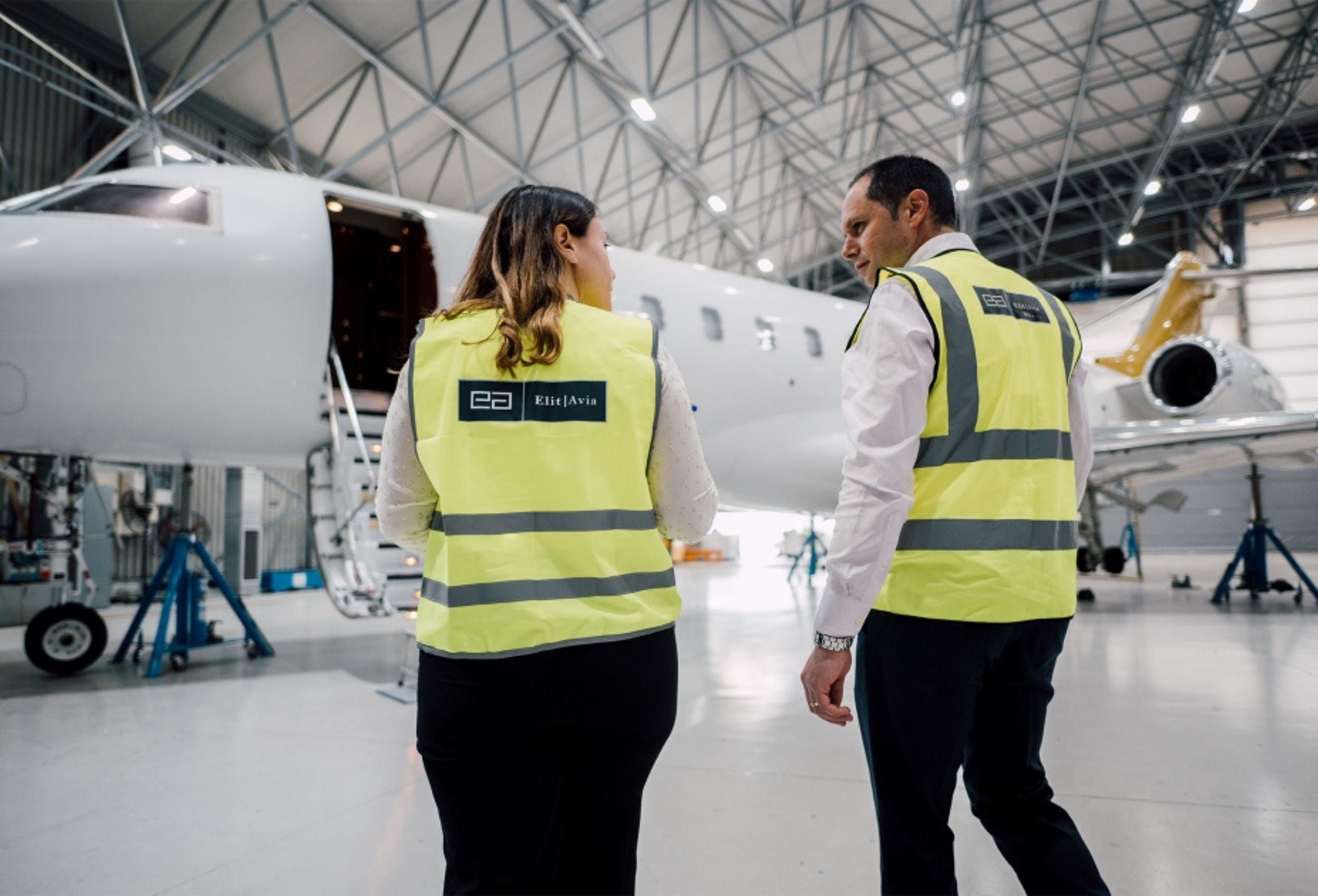



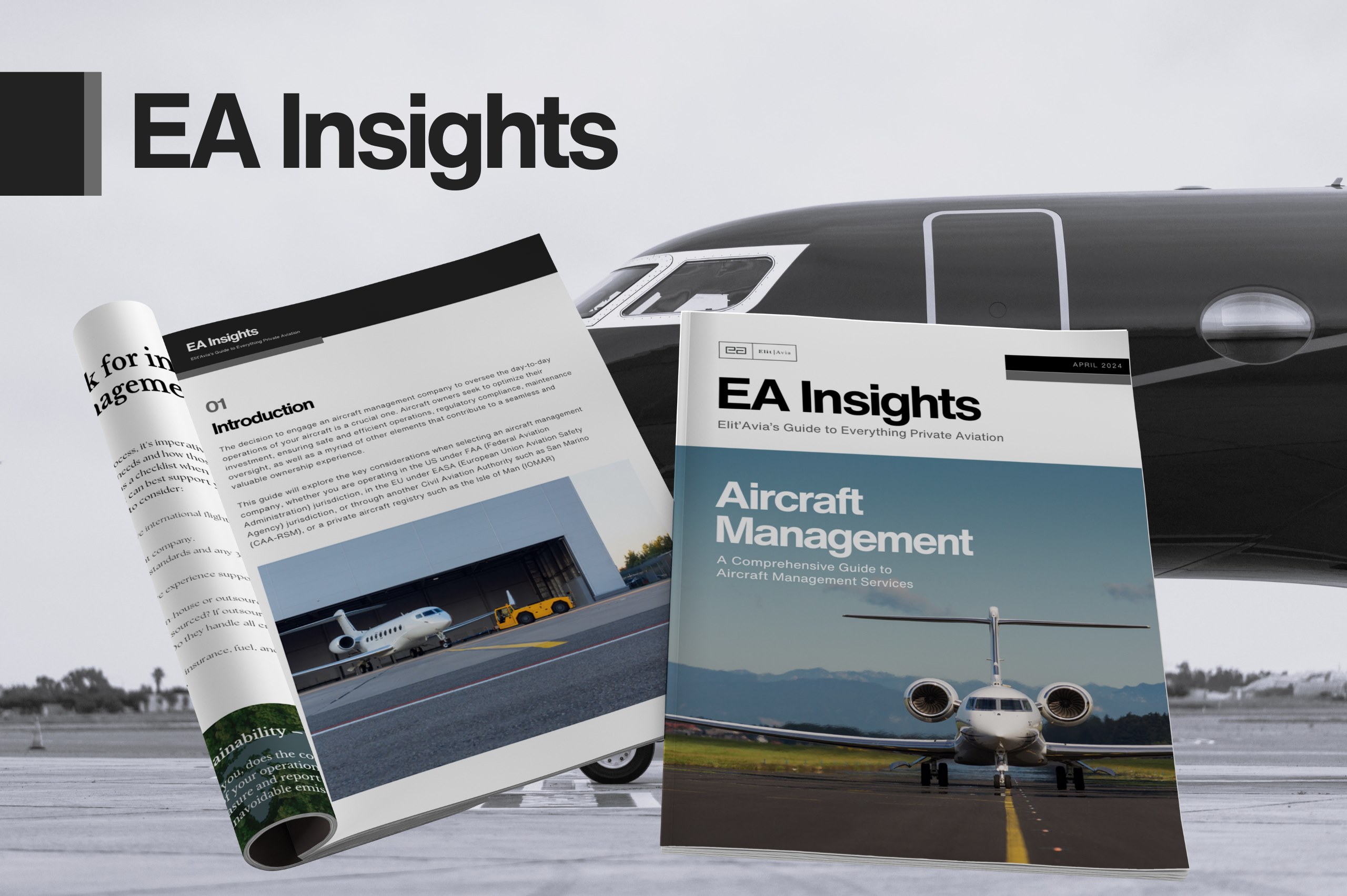
02.04.2024
In this issue
If you are looking to engage with a management company or looking for further insight into the world of aircraft management, this article aims to provide a comprehensive roadmap for making informed decisions and avoiding costly mistakes.
Please read the full EA Insights article below, or download a pdf copy.
The decision to engage an aircraft management company to oversee the day-to-day operations of your aircraft is a crucial one. Aircraft owners seek to optimize their investments, ensuring safe and efficient operations, regulatory compliance, maintenance oversight, as well as a myriad of other elements that contributes to a seamless and valuable ownership experience.
This guide will explore the key considerations when selecting an aircraft management company, whether you are operating in the US under FAA (Federal Aviation Administration) or EASA (European Union Aviation Safety Agency) jurisdiction.
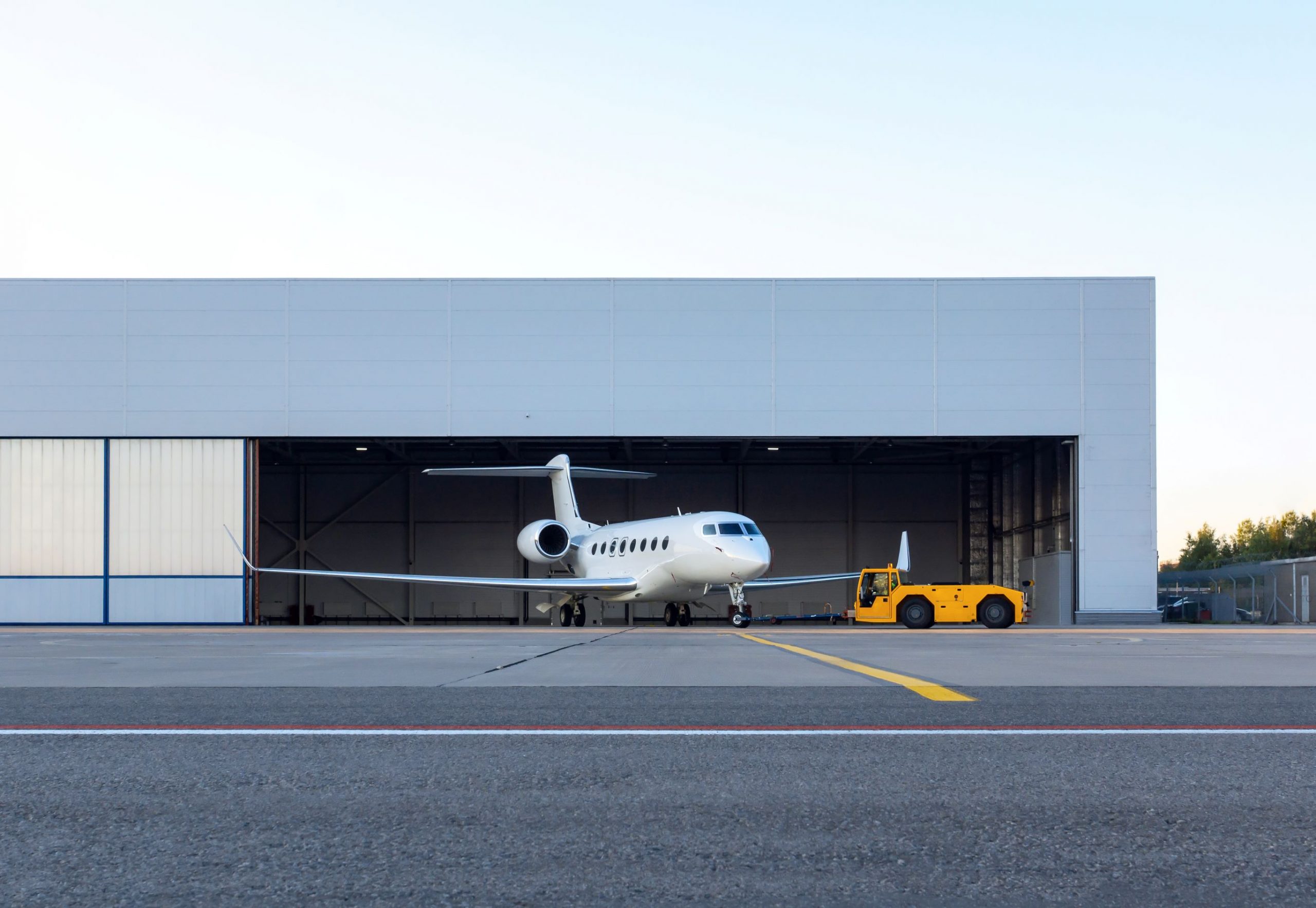
Choosing an aircraft management company is a pivotal decision for aircraft owners seeking a hassle-free ownership experience. A preferred option among owners is the comprehensive, turn-key approach, ensuring that every aspect of aircraft management is handled professionally. Expect a reputable management company to offer:
Comprehensive Flight Operations: This encompasses everything from scheduling, flight planning, and dispatch to ensure efficient and timely operations.
Maintenance, Repair, and Overhaul (MRO) Oversight: Expert planning and supervision of maintenance activities to ensure your aircraft is always in top condition.
Crew Management: Recruitment, training, and scheduling of pilots and flight crew by adhering to the highest industry standards.
Cost-Saving Opportunities: Access to fleet discounts for insurance, parts, labor, and fuel, can significantly reduce operational costs.
Financial and Accounting Services: Detailed management of your aircraft's finances, from budgeting to comprehensive financial reporting.
Revenue Generation: Options to offset costs by chartering your aircraft, managed with professionalism to ensure maximum returns.
Enhanced Travel Experiences: Provision of travel and concierge services to ensure a seamless and valuable experience for owners and passengers.
To ensure alignment between your operational needs and the services offered by a management company, consider the following factors:
Global Operational Experience: Verify the company's expertise in managing international flights, including their ability to navigate regulatory environments across different jurisdictions.
Certification and Compliance: Assess their capability to operate under various certifications, both private and commercial, such as Part 135 in the US, AOCs in strategic locations such as Malta and San Marino, or private registries like the Isle of Man, all of which can enhance operational efficiency, depending on your needs.
Safety Standards and Accreditations: Investigate the company's safety protocols, certifications, and any third-party safety ratings to gauge their commitment to maintaining the highest safety standards.
Aircraft Compatibility: Ensure the company has specified experience with your aircraft make and model, including a track record of managing similar assets.
Maintenance Approach: Clarify whether maintenance is managed in-house or outsourced. If outsourced, it is important to understand the level of oversight provided to not only ensure the quality of maintenance work but its financial aspect - which can save you both money and time.

Crew Management: Confirm that the company has a robust system for crew training and sourcing, ensuring crew competence and professionalism.
Cost Management: Investigate the availability of fleet discounts and how the company proposes to optimize operational costs.
Charter Revenue Potential: Explore the company's strategy for chartering your aircraft to third parties, including marketing and revenue management.
Sustainability Commitments: If Environmental impact is a concern, inquire about the company's initiatives for reducing emissions, including the use of Sustainable Aviation Fuel (SAF) and carbon offsetting programs.
By carefully considering these factors, you can select an aircraft management company that not only meets your specific needs but also enhances the value and enjoyment of your aircraft ownership experience.

Achieving an accurate operational budget requires more than just estimating based on annual flight hours. A nuanced approach considers yours unique flying profile, which includes:
Variety of Flight Distance: Distinguishing between frequent short hops and occasional long-haul trips.
Seasonal variations: Winter operations may involve different costs compared to summer flights, including de-icing and potentially longer routes due to weather conditions.
Operational Tempo: The frequency of flights, turnarounds times, and preferred scheduling flexibility.
An adapt aircraft management company will delve into these aspects, crafting a budget that mirrors your actual usage. This thorough examination allows for a side-by-side comparison of management companies, ensuring you choose one that offers both transparency and cost-effectiveness tailored to your flying habits.

Navigating Carbon Compliance Costs | Understanding CORSIA and ETS
The Carbon Offsetting and Reduction Scheme of International Aviation (CORSIA) and various Emission Trading System (ETS) represent the aviation industry's commitment to reducing its carbon footprint. These regulatory mechanism are designed to mitigate environmental impacts by requiring operator to offset carbon emission exceeding certain thresholds.
CORSIA: A global scheme aimed at stabilizing CO2 emissions from international flights, CORSIA requires operators to report their emissions and purchase offsets for amounts that exceed baseline levels.
Emissions Trading System (ETS): Regions like the European Union, the United Kingdom, and Switzerland have established ETS that cap total emissions for certain sectors, including aviation. Operators can buy or sell emissions allowances within this cap, providing flexibility in managing their carbon costs.

Implications for Aircraft Management
Compliance with CORSIA and regional ETS involves several considerations for aircraft owners:
Operational Geography: The costs associated with carbon offsetting or purchasing allowances vary depending on where the aircraft is operated and under which regulations it falls.
Flight Hour Thresholds: Emissions thresholds can influence operational decisions, as exceeding these limits incurs additional costs.
Cost Management: Understanding the implications of these environmental regulations on you operational budget is essential. Management companies should provide clear guidance on how these costs are calculated and integrated into your overall budget.
Why it Matters
The financial implications of CORSIA and ETS compliance directly affect your operational budget. A comprehensive budgeting approach by your management company should include these costs to ensure accurate and realistic financial planning.

International Operational Experience
The ability to seamlessly navigate complexities of global operations is an invaluable trait for an aircraft management company. International flights brings about a layer of intricacy due to the necessity of adhering to diverse regulatory standards across different countries. Achieving overflight exemptions and utilizing visa waivers can significantly streamline this process, allowing for more direct routes, enhancing operational efficiency and time and cost saving to the aircraft owner.
This experience is not merely about compliance; it's about ensuring operational excellence in some of the world's more challenging environments that demands a higher degree of logistical coordination, cultural understanding, and adaptive strategies. Such capability, augmented by strategic navigational freedoms, offers peace of mind to aircraft owners, knowing their operations can proceed smoothly, safely, and efficiently, regardless of geographic and regulatory landscapes.
This level of expertise highlights a company's ability to provide unparalleled service and reliability, enhancing the overall value and benefits of your aircraft ownership experience.
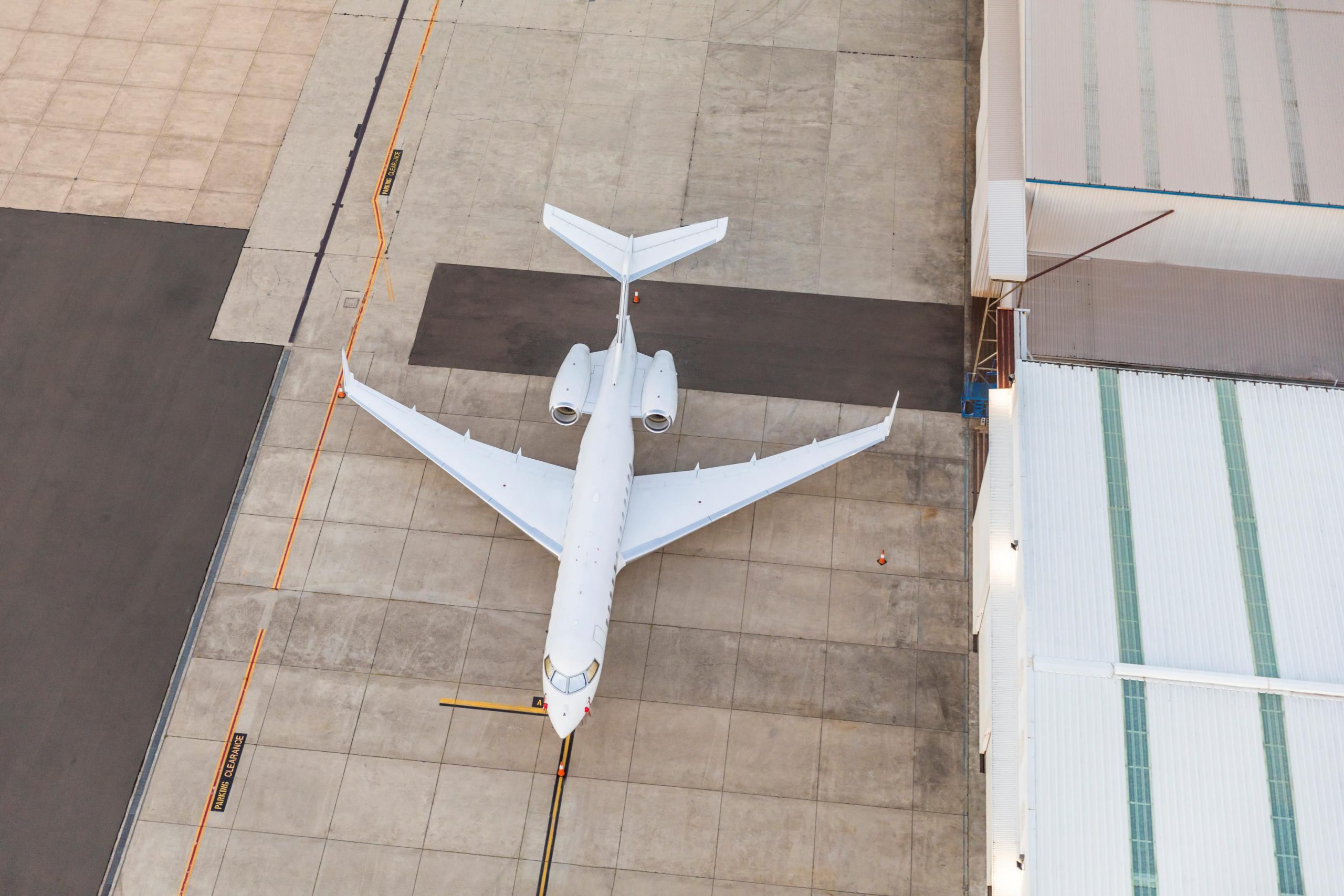
Certifications and Regulatory Compliance:
Understanding the depth of an aircraft management company's operational capabilities and its array of certifications is crucial when making your selection.
A strong indicator of a company's international operational capability in the possession of multiple Air Operator Certificates (AOCs) be be they EASA or through another Civil Aviation Authority such as San Marino (CAA-RSM), a private aircraft registry such as the Isle of Man (IOMAR), or FAA Part 135 certificate. This multifaceted certification approach ensure a comprehensive understanding of and adherence to the distinct regulatory landscapes in various countries. Whenever possible, entrusting your aircraft operations to a management company with all the above is of immense value and offers a solid foundation for operational flexibility and efficiency.
AOCs in Malta and San Marino
Possessing AOCs in Malta and San Marino enhances an operator's capabilities, allowing for smooth operations across European airspace. Both locations are recognized for their advantageous regulatory environments, strategic positions, and commitment to international safety standards. These AOCs facilitate access to the EU market, offer potential tax efficiencies, and provide operational flexibility.
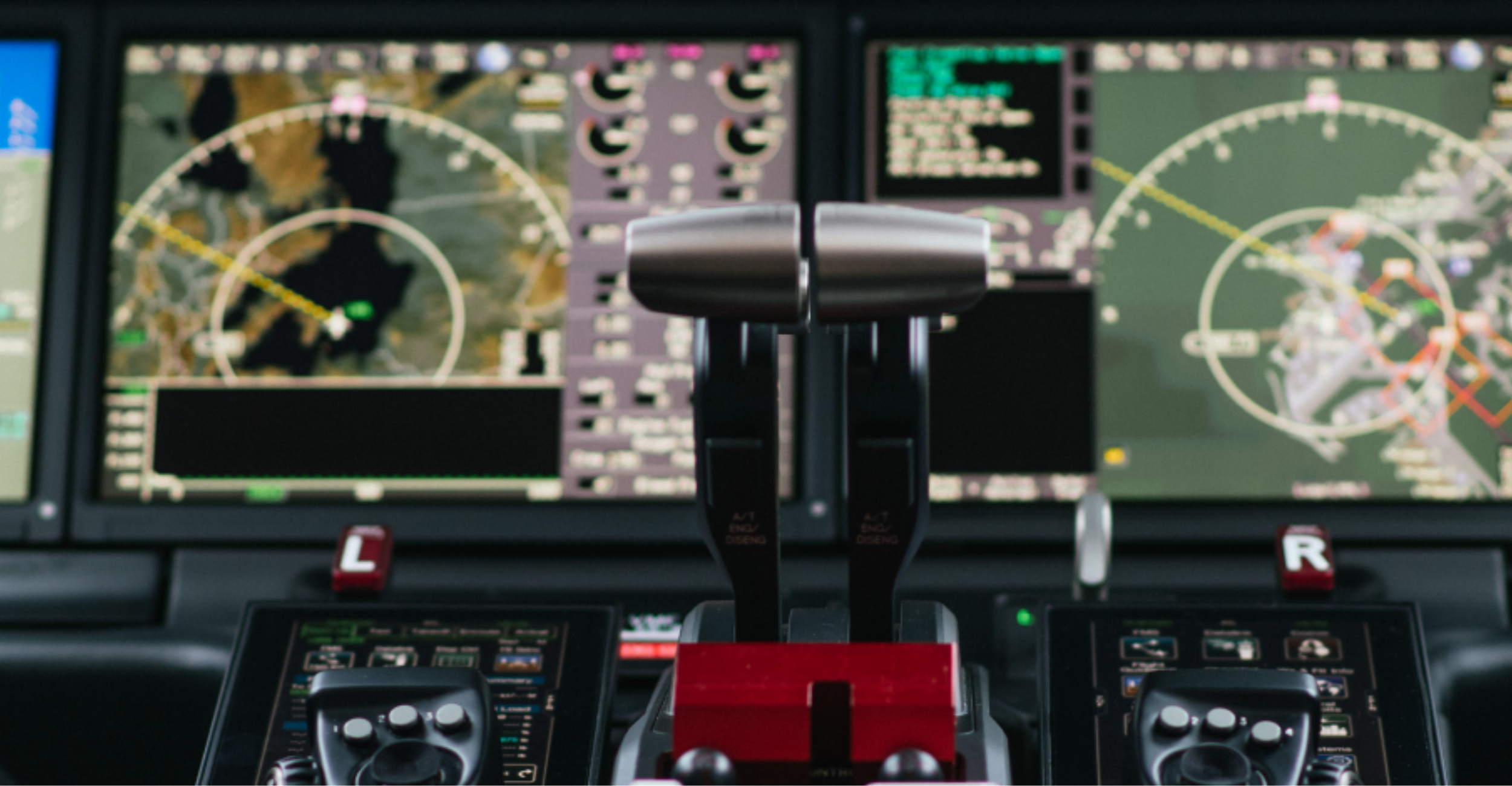
Benefits of Comprehensive Certifications and AOCs
Expanded Operational Scope: The amalgamation of various certifications and European AOCs enables operators to cover a broad spectrum of operations. This ranges from private flights to commercial charter, along with streamlined access to European airspace.
Enhanced Safety and Compliance: Holding these certifications and AOCs is a testament to an operator's commitment to upholding the highest safety, security, and compliance standards.
Operational Flexibility: The capacity to operate under diverse regulatory frameworks affords aircraft owners with unmatched flexibility, optimizing aircraft usage and maximizing its revenue potential.
Markets Access and Revenues Opportunities: Access to the global market through Maltese and San Marino AOCs, combined with the capacity for commercial operations under Part 135, opens significant charter revenue opportunities, maximising the aircraft's financial performance.
Tax and Cost Efficiencies: Operating within jurisdiction like Malta and San Marino can present tax advantages and operational cost savings, further augmenting the economic benefits of aircraft ownership.

Private Registrations Similar to Isle of Man
In addition to these considerations, it's beneficial to explore private operation certifications similar to those offered by the Isle of Man. This registry is renowned for its high standards of safety, efficiency, and service, catering specifically to private and corporate aircraft. The Isle of Man provides a streamlined approach to international operations, emphasizing regulatory compliance, operational flexibility, and a prestigious yet practical registration option for aircraft owners seeking global mobility.
Fleet Management and Maintenance
Effective fleet management is at the core of any reputable aircraft management company.Evaluate the company's ability to maintain and manage your aircraft to the highest standards. This includes scheduled maintenance, inspections, and adherence to manufacturer recommendations. A well-maintained aircraft not only ensures safety but also contributes to operational efficiency and the preservation of the asset's value.
Crew Selection and Training
The competence and professionalism of the flight crew are critical factors influencing theoverall flight experience. A reputable management company will have rigorous processes for selecting and training pilots, ensuring they meet or exceed industry standards. Verifythat the company has a robust training program that keeps the crew updated on the latest safety protocols and regulatory changes.

One of the foremost considerations when evaluating potential aircraft management partners is the robustness of their safety standards. A reputable management company will have comprehensive safety protocols in place, covering every aspect of flight operations.This includes adherence to FAA (Federal Aviation Administration) and / or EASA (EuropeanUnion Aviation Safety Agency) regulations as applicable and ensuring a steadfast commitment to the highest industry safety standards. Prospective clients should enquire about the company's safety record, certifications, and any third-party safety ratings they may have obtained, providing a tangible measure of their commitment to safety.
Unwavering Safety Standards
At the heart of the decision-making process lies the commitment to safety. A prospective aircraft management company should exhibit an unwavering dedication to the highest safety standards, transcending the baseline requirements set by regulatory bodies such as the FAA and EASA. Robust safety protocols should be ingrained in the company's culture, covering every facet of flight operations. It is imperative to seek a partner with a steadfast commitment to safety, ensuring the well-being of passengers and the enduring protection of the aviation investment.
Proven Safety Track Record
Beyond assurances and certifications, a tangible measure of a management company's commitment to safety lies in its track record. As an aircraft owner, you will want to review a company's safety history, examining incident reports, if any, and understanding how the company has addressed and rectified issues in the past. Such analysis provides invaluable insights into the real-world safety performance of the management company.
Safety Culture Integration
Safety should not be merely a procedural requirement; it should be ingrained in the culture of the management company. The company must not pay lip service to Safety but incorporate safety principles in all its activities. Prospective clients should seek evidence of a robust safety culture; one that permeates every level of the organization. This includes ongoing training programs, safety awareness initiatives, and a commitment to continuous improvement in safety practices.
Emergency Response Preparedness
An often overlooked but critical aspect of safety is the management company's emergency response preparedness for commercial, operational, or administrative crises.Clients should inquire about the company's procedures and protocols for handling emergencies, ensuring that the team is well-equipped to respond swiftly and effectively to unforeseen situations, thereby safeguarding the well-being of passengers and the aircraft.
By meticulously assessing safety standards, regulatory compliance, track record, third-party ratings, safety culture, and emergency response preparedness, aircraft owners can make an informed decision that not only optimizes their investment but also prioritizes the safety of all stakeholders involved.

Efficient fleet management is the lifeblood of private jet ownership. Evaluate the company's capability to maintain and manage your jet with the highest standards. This includes rigorous attention to routine maintenance, inspections, and adherence to manufacturer recommendations. A well-maintained aircraft not only ensures safety but also contributes to operational efficiency and the preservation of your asset's value.
Below explores the important maintenance considerations when choosing an aircraft management partner.
In-House vs. Outsourced Maintenance
One of the primary considerations in the realm of maintenance oversight is determining whether a management company relies on in-house resources or outsources maintenance tasks. Possessing in-house maintenance capabilities generally indicates a more cohesive and closely supervised approach to aircraft upkeep. It offers direct channels for communication and ensures accountability, potentially leading to more timely and tailored maintenance solutions. On the other hand, outsourcing maintenance can also be a strategic choice for some management companies, especially if it allows access to specialized skills or cost efficiencies.
For aircraft owners whose management companies opt for the outsourcing route, it becomes imperative to examine how these companies oversee outsourced maintenance activities. A critical aspect of this oversight includes not just ensuring that the maintenance work adheres to the highest industry standards, but also involves the ability to review and negotiate costs associated with these services. Effective oversight means being proactive in identifying necessary maintenance work, eliminating or reducing unnecessary costs, and ensuring that all maintenance activities are both essential and cost-effective.
Quality Control Measures
Regardless of whether maintenance is conducted in-house or outsourced, the implementation of robust quality control measures is essential. Prospective clients should inquire about the specific quality assurance protocols in place, ensuring that all maintenance activities adhere to industry best practices. Regular audits, adherence to manufacturers' recommendations, and a commitment to excellence in every aspect of maintenance are indicative of a management company's dedication to safeguarding the aircraft's operational integrity.
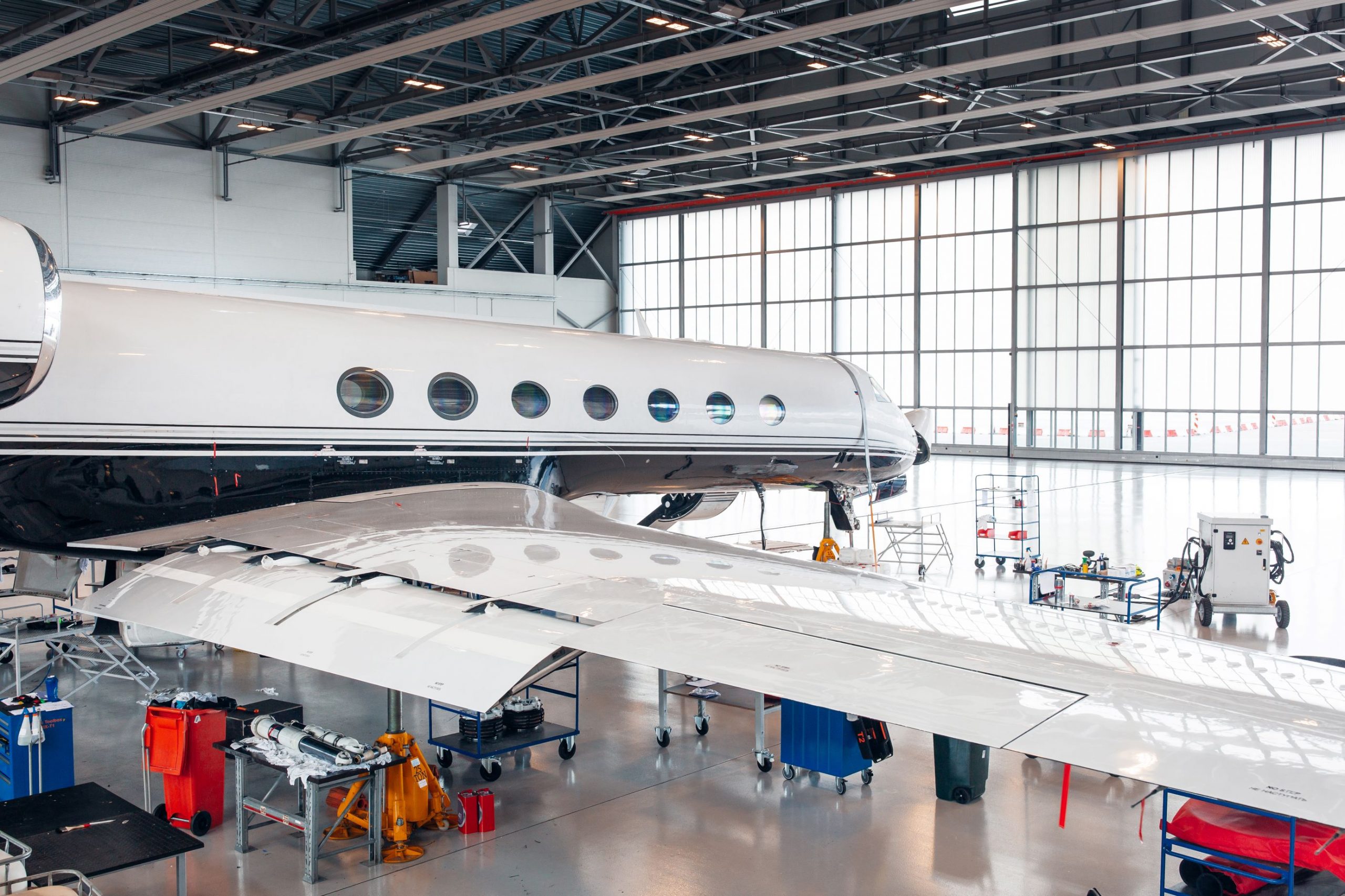
Timely and Proactive Maintenance Planning
Timely maintenance is pivotal to ensuring the aircraft's reliability and longevity. A proactive management company engages in strategic maintenance planning, scheduling inspections and overhauls well in advance to minimize operational disruptions. The ability to anticipate and address maintenance needs demonstrates a forward-thinking approach that contributes significantly to the overall efficiency and safety of the aircraft.
Adherence to Regulatory Standards
Maintaining compliance with regulatory standards is an integral part of maintenance oversight. The chosen management company should demonstrate a comprehensive understanding of and adherence to FAA and EASA regulations governing aircraft maintenance. This includes staying abreast of regulatory updates, implementing required modifications, and ensuring that the aircraft consistently meets or exceeds mandated safety standards.
Continual Training for Maintenance Personnel
The expertise of maintenance personnel directly impacts the quality of maintenance oversight. A reputable management company invests in continual training for its maintenance staff, ensuring that they stay current with evolving technologies, industry best practices, and emerging safety standards. This commitment to ongoing education enhances the overall competence and proficiency of the maintenance team.
Meticulous maintenance oversight is a linchpin in the aircraft management decision-making process. By scrutinizing the approach to in-house or outsourced maintenance, quality control measures, comprehensive record-keeping, proactive maintenance planning, regulatory compliance, and ongoing training for maintenance personnel, aircraft owners can select a management partner that not only optimizes their investment but also safeguards the operational reliability and safety of their private aircraft.
Transparent Pricing and In-depth Reporting
Financial transparency stands as the cornerstone of a trustworthy relationship between an aircraft owner and a management company. A leading management firm distinguishes itself by providing:
Itemized Monthly Costs: A detailed breakdown of expenses, from operational costs to maintenance fees, ensures that owners understand exactly where their money is going.
Real-Time Expense Monitoring: Advanced management firms leverage technology to offer real-time tracking of expenditures, allowing for immediate insight and oversight.
This level of detail empowers owners to closely monitor, track, and review financial commitments, facilitating informed decision-making and financial planning.
Proactive Budget Management
The ability to manage and optimize an aircraft's operational budget while maintaining the highest safety and service standards is what sets apart superior management companies. Effective budget management involves:
Cost Optimization Strategies: Implementing measures to reduce costs without compromising on quality or safety. This could include optimizing flight routes to save fuel, scheduling maintenance in a way that minimizes downtime, or leveraging technology to improve efficiency.
Timely and Detailed Financial Reporting: Providing owners with comprehensive financial reports and insights. These reports should not just recapitulate past expenditures but also offer forecasts and recommendations to improve financial efficiency.
Leveraging Fleet Discounts
The scale of operations of an aircraft management company can significantly impact the cost benefits it can offer:
Volume Discounts: Larger operators, due to their substantial purchase volumes, can secure significant discounts on fuel, insurance, training, and more. These savings are often passed down to the aircraft owners, reducing the overall cost of operation.
Smaller Operator Considerations: While smaller operators might not have the same level of purchasing power, they can offer personalized services and may have other ways of optimizing costs that can be equally beneficial.
When choosing a management company, the potential for fleet discounts should be a key consideration. It's about finding a balance between the size and scale of operations and the quality and customization of service that best suits your specific needs.

Some owners wish to offset the cost of ownership through chartering their aircraft when not in use. For those with US based operations, you will need an operator that holds anFAA Part 135 certificate. In Europe, a company with one or more AOCs further expands the reach of commercial operations, and can better support the charter operations of the client, resulting in higher charter revenue.
Charter Sales & Marketing
To ensure you generate revenue from your asset when not in use or when flying empty, you will want to ensure the company you are working with has a robust sales and marketing team to promote and book your aircraft in the marketplace. It is not enough to just list an aircraft as being available for charter on its website – you want to ensure your asset is being marketed through multiple channels as well as being part of an active charter fleet that is in demand to both end users and brokers alike.

Accessibility and Communication
In the realm of aircraft management, the quality of communication and accessibility is not just a convenience; it's a necessity. Optimal service is characterized by:
Dedicated Points of Contact: Having a specific individual or team assigned to your account ensures that inquires and concerns are addressed efficiently , fostering a personalized service experience.
24/7 Availability: The dynamic nature of aviation demands round-the-clock availability to accommodate any urgent needs or unforeseen changes, ensuring peace of mind for aircraft owners.
Transparent and Proactive Communication: Beyond being responsive, the best management companies take a proactive approach in communication, keeping you informed about your aircraft's status, potential issues, and recommendations for optimizing operations.
Management This level of engagement ensures that every aspect of your aircraft's management is handled smoothly, allowing for a seamless ownership experience

Sustainability is becoming increasingly central to the aviation industry, reflecting a broader societal shift towards environmental responsibility. For aircraft owners, aligning with a management company that prioritizes sustainability is not just about adhering to personal or corporate values; it's about forward-thinking and ensuring the long-term viability and appeal of their asset.
Carbon Offsetting and Reduction Strategies: Engaging in carbon offset programs is essential for mitigating emissions that cannot be reduced through operational changes. This includes investing in projects that absorb or prevent an equivalent amount of CO2emissions elsewhere, like reforestation or renewable energy projects. Management companies that are themselves committed to environmental stewardship will be well positioned to provide guidance on the options available for voluntary offsetting.
Sustainable Aviation Fuel ( SAF) Utilization: The use of SAF can significantly reduce the carbon footprint of your flights compared to conventional jet fuel. However, the product ion of SAF is not evenly distributed worldwide, leading to logistical challenges in transporting the fuel to airports far from production sites. Moreover, the integration of SAF into the aviation fuel supply chain requires coordination among producers, air lines, airports, and regulatory bodies, further complicating its widespread use.
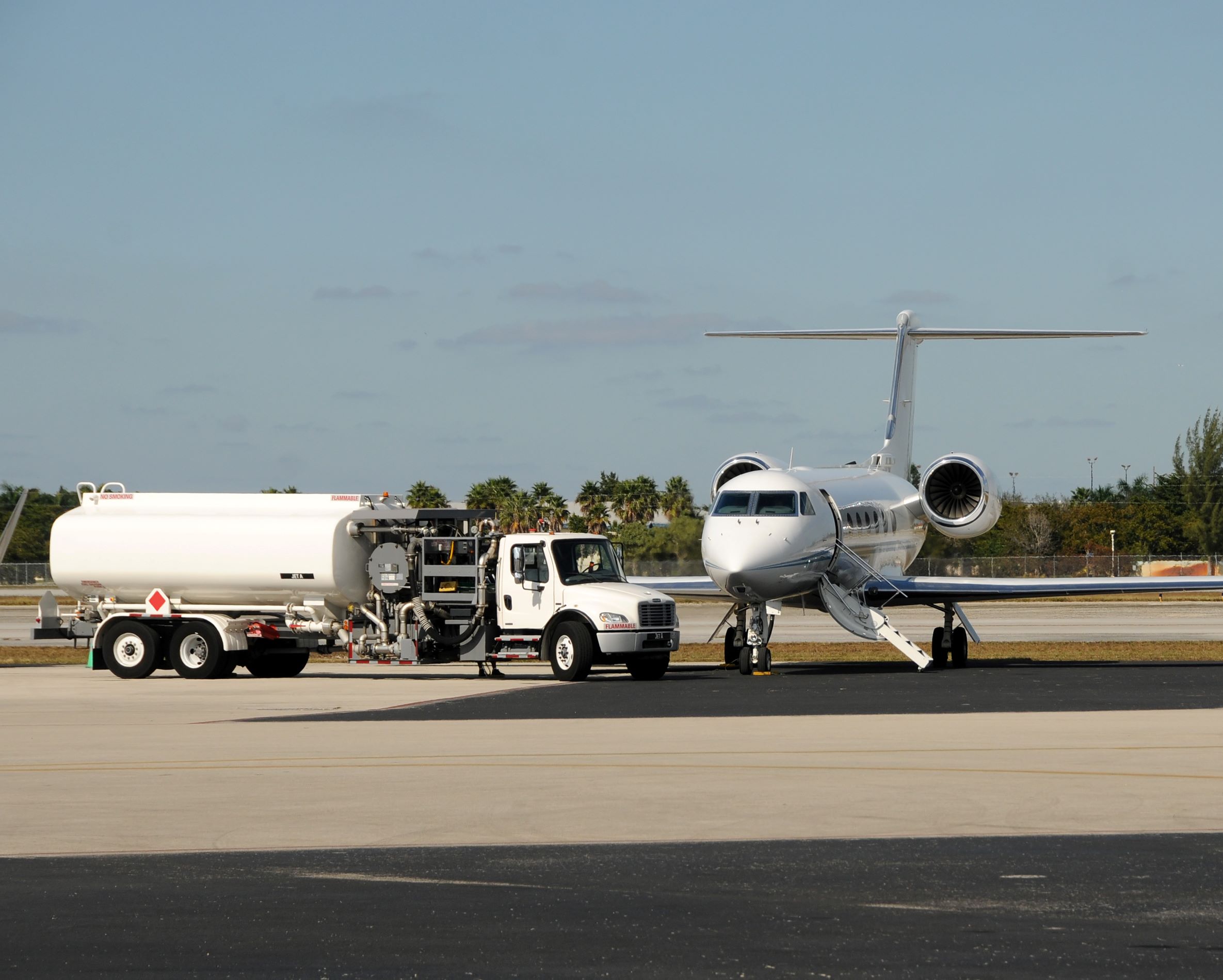
Aviation Adoption of “Book and Claim” in the context of Sustainable Aviation Fuel Certificates (SAFc): SAFc is a mechanism that allows aircraft operators to purchase SAF even if it is not physically available at their departing airport. It certifies the reduction in carbon emissions attributed to the use of sustainable fuels, allowing operators to claim and report these reductions. Here’s how it works:
Purchasing SAF: An aircraft operator purchases a certain amount of SAF, which is then fed into the fuel supply chain at an airport where SAF is available. This purchase is typically made through a management company that prioritizes sustainability efforts.
Issuance of Certificates: Following the purchase, the operator is issued Sustainable Aviation Fuel Certificates (SAFc) corresponding to the amount of SAF bought. These certificates certify the reduction in carbon emissions resulting from the SAF that was used, effectively "claiming" the environmental benefits of the fuel.
Claiming Environmental Benefits: Even if the SAF is not physically used by the purchasing operator's aircraft (because the SAF was introduced into the fuel supply at a different location), the operator can still claim the carbon reduction benefits associated with their SAF purchase. This is because the SAF that was integrated into the fuel supply has the same net effect on reducing the industry's carbon footprint as it would if used by the operator directly.
Global Impact: By allowing operators to claim emission reductions regardless of the physical location where SAF is used, the "Book and Claim" system promotes the expansion of SAF usage worldwide. It ensures that the environmental benefits of SAF are recognized and accounted for, even in the absence of direct physical uptake by every flight.
Reporting and Transparency: The system relies on rigorous tracking and reporting mechanisms to ensure the integrity of emission reduction claims. Management companies and operators must adhere to transparent and verifiable standards when reporting their carbon emissions and reductions achieved through SAFc.
Emissions Tracking and Reporting: Partner with a management company that not only measures and reports greenhouse gas (GHG) emissions with accuracy but also actively seeks ways to reduce them. Transparency in emissions reporting is crucial for compliance with global initiatives and for demonstrating a commitment to sustainability.
Sustainability as Part of the Corporate Philosophy: The most effective sustainability initiatives are those that are embedded into the company's culture and operations. Look for signs that the management company treats sustainability as a core aspect of their business, not just a marketing point.
By emphasizing these aspects, your aircraft management partner demonstrates a comprehensive approach to sustainability, aligning with global efforts to reduce aviation's environmental impact while positioning your operations at the forefront of eco-friendly practices. This not only contributes to a healthier planet but also enhances the reputation of your aviation operations.
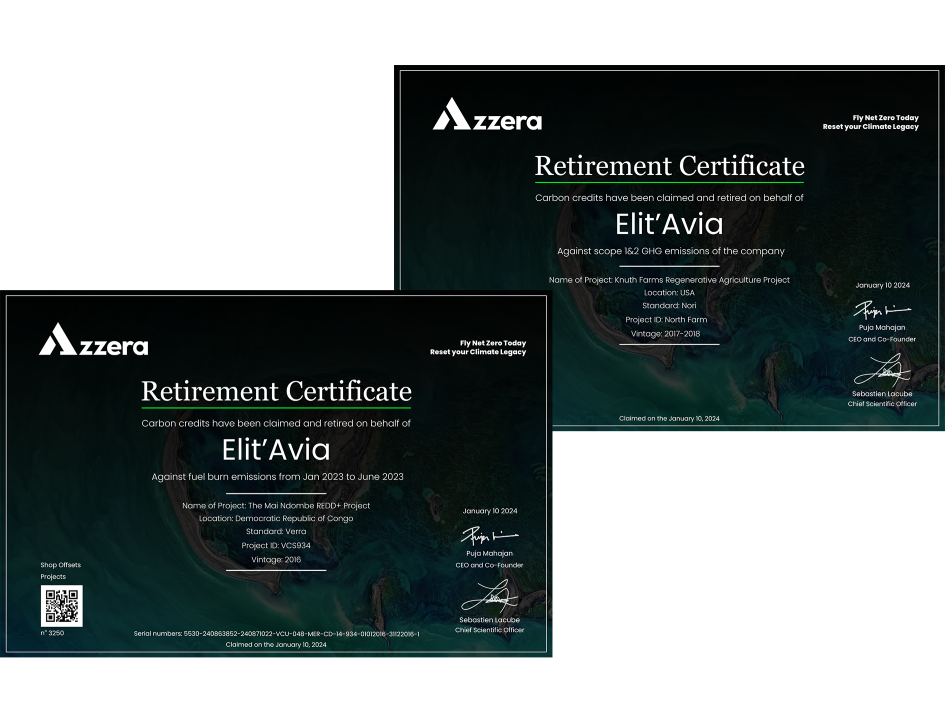
The ability of your management company to curate a truly exceptional in-cabin experience, one that transcends visible comfort to touch the realm of the familiar and personal, should not be overlooked. It’s about crafting an environment where every cabin element resonates with the individual's lifestyle. From the presentation of meals to the choice of amenities, each detail is thoughtfully aligned with the owner's preferences, creating a seamless experience that reflects the comfort and continuity of their daily routines.
An enhanced in-cabin experience begins with selecting, training, and managing a cabin crew who are not only safety and service experts but also adept at fostering an atmosphere of warmth, discretion, and tailor ed hospitality. These professionals embody the owner's values, delivering an experience that not only meets but anticipates and exceeds the unique preferences and needs of each guest.
Ultimately, an aircraft management company serves as an extension of the owner's vision for their air travel, whether for business or leisure, transforming every flight into a curated experience that emphasizes personalization, comfort, and the highest hospitality standards. It is through these intangible elements—rooted in exceptional service and meticulous attention to detail—that an aircraft management company truly sets itself apart, ensuring every journey surpasses the expectations of the most discerning passengers.

Navigating the intricate landscape of aircraft ownership demands a discerning approach to selecting a management partner, a decision that is quintessential in leveraging your investment to its fullest potential while ensuring an uninterrupted and superior ownership experience. The choice of an aircraft management company is a multifaceted one, necessitating a careful balance of several critical factors—each equally significant in its right—to align seamlessly with an owner's individual preferences, operational requisites, and broader ambitions.
By engaging in this meticulous selection process, aircraft owners are not merely optimizing their immediate investment but are also positioning themselves for a secure, efficient, and valuable private aviation experience.
